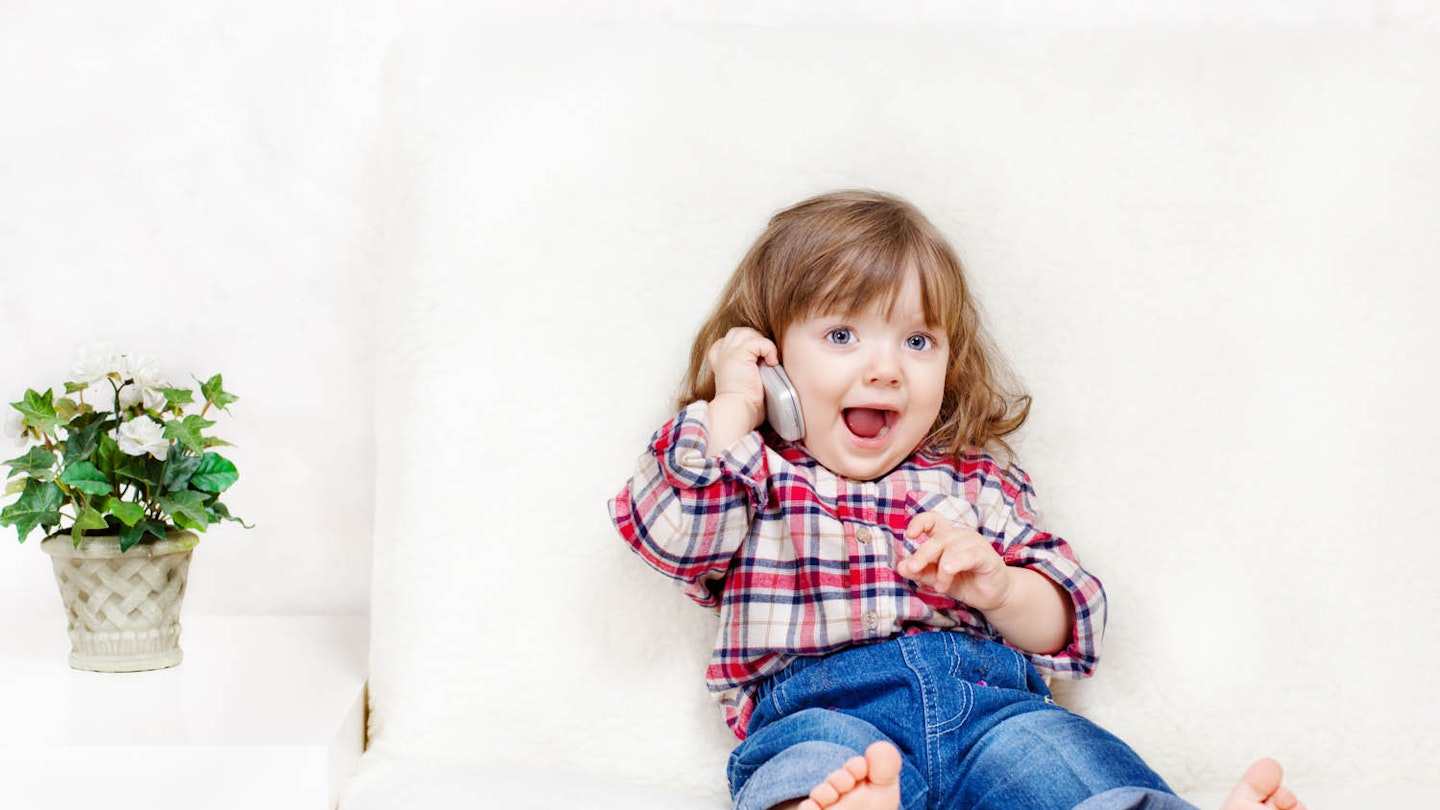Your toddler’s speech may start as a few strung-together sounds. But ‘ee-aa’ can soon turn into a conversation with a few prompts from you
Your toddler is now a walking, talking member of society – almost. Find out how you can help to develop your child’s most important tool. Her voice...
Reading with toddlers
Reading together won’t just help a hyper toddler wind down before bed. ‘Your child will learn an incredible amount from listening to your voice,’ says speech and language therapist Lauren Woodcock.
Engage her in conversation by pointing to pictures and asking, ‘What’s this?’ Inject as much enthusiasm as possible. ‘Research shows talking in a sing-song voice – “motherese” – helps increase your baby’s understanding of words,’ says child development expert Sue Gascoyne.
Be patient
All children speak slowly and stumble over words for the first few years, but avoid finishing sentences. ‘You’ll knock her confidence and she’ll lose the motivation to express herself,’ says Sue.
Active listening
Get down to her level – eye contact is a huge part of communication and lets her know she has your attention. If you don’t understand, be honest and ask hier to repeat it.
‘It might take several attempts, but it’s better than saying, “That’s lovely”, when she’s just asked for more juice,’ says Lauren.
Eye contact is a huge part of communication and lets her know she has your attention
Use songs
Songs and nursery rhymes help encourage and develop speech. ‘They’re fun,’ says David Messer, head of Childhood Development and Learning at the Open University. ‘And the more your child enjoys something, the more engaged she’ll be.’
Games like Round And Round The Garden teach toddlers about taking turns, which is effectively the first rule of conversation. Be warned: kids love repetition and it helps them learn, so expect to hear ‘Again!’ a lot.
Explore the world
If you want your toddler to talk, give her something to talk about. ‘Discuss the world around you,’ says Sue. ‘The more you share, the greater her vocabulary will be.’ One way to help is to expand everything she says by one word.‘If she says “car”, you say, “Yes, a blue car”,’ says Lauren.
Meals are another important time for communication. ‘Use them as a way for your child to explore the different foods she’s eating,’ says Sue. ‘Talk about it by asking, “Is that yummy?” or “How does that taste?”’
Enjoy some quiet time
‘Having a TV on constantly can discourage her ear from tuning into certain sounds,’ says Sue. ‘Plus it will distract you and prevent you from talking to him as much.’ Watch TV as a treat together so you can talk about what’s happening and ask questions.
